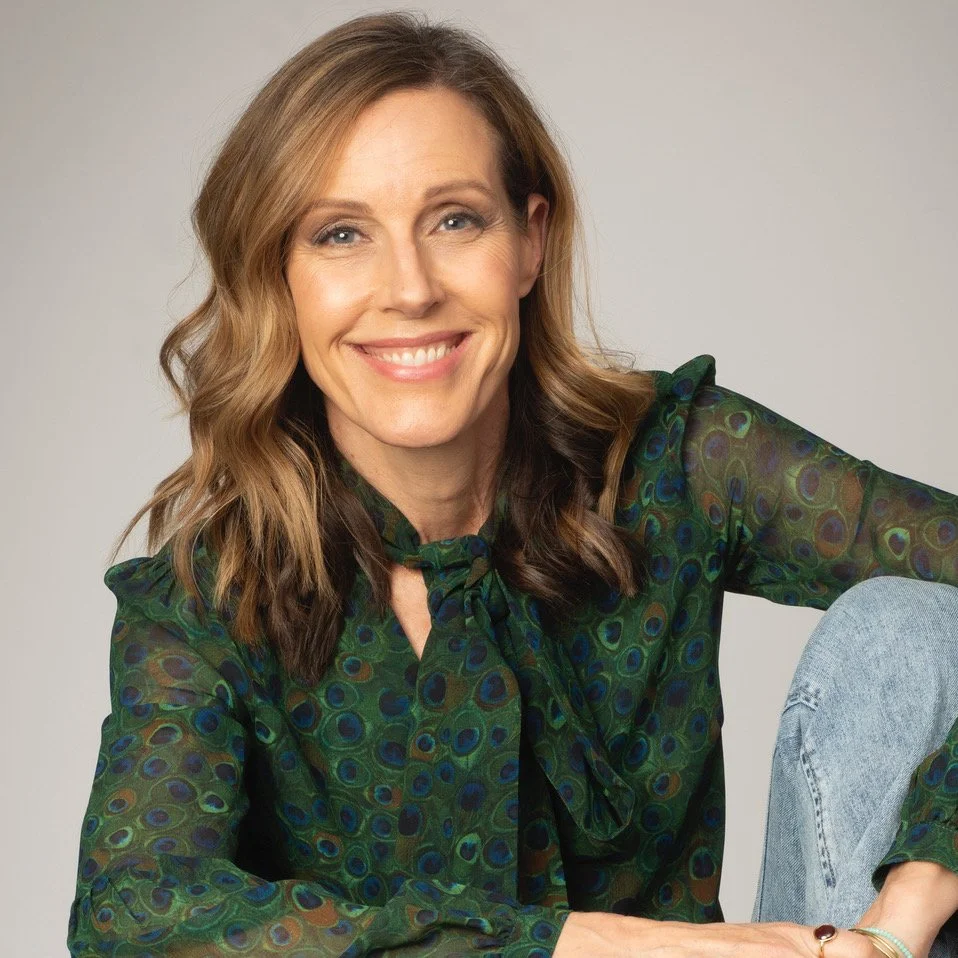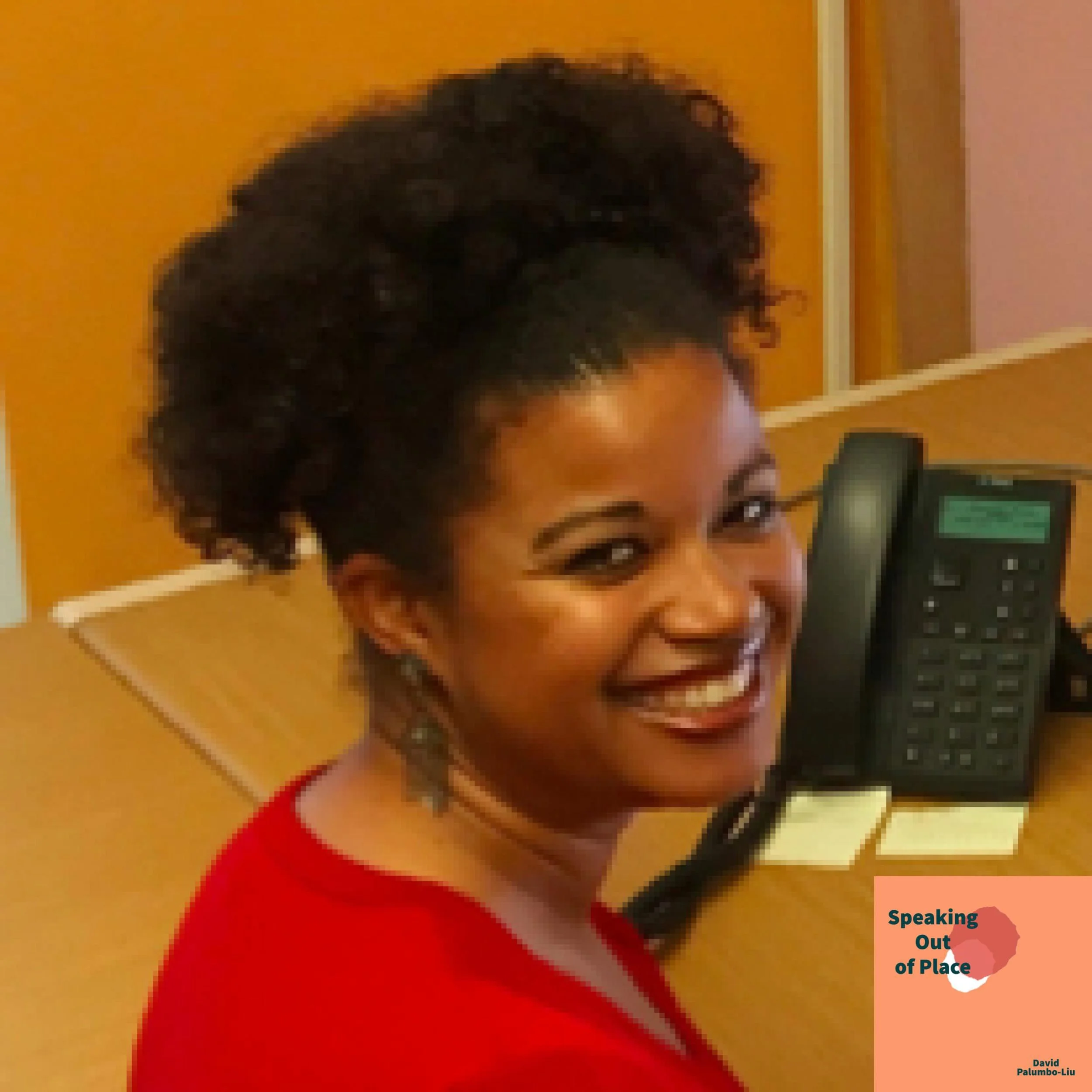Highlights - STEPHANIE FELDSTEIN - Population & Sustainability Director, Center for Biological Diversity
/Population & Sustainability Director of the Center for Biological Diversity
Author of The Animal Lover’s Guide to Changing the World
Take Action: Save Life on Earth
Pretty much everything we do in our lives from the moment we wake up and take a shower, we're using water – that's shared resources. We're using energy that, for most of us, unfortunately, still comes from fossil fuels. We are making decisions about what we eat. We're making purchases that have an impact on the planet and on other animals based on where they came from and what they're made of. There are so many entry points for people to take action and start making changes in their own lives. And that's really important for people to start with what feels right to them. That's a great way to start getting involved in this.



















